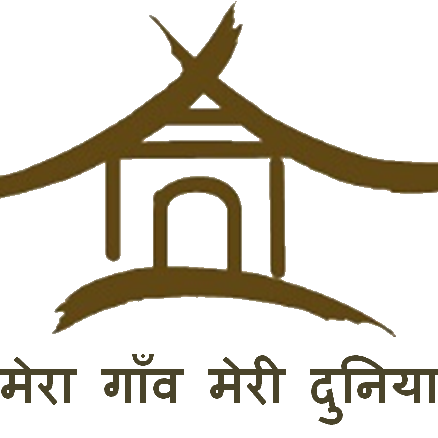Cause Area
Financials
-
2022
Total IncomeRs.3,797,000Total ExpensesRs.3,791,200Non Program ExpensesRs.701,200Program ExpensesRs.3,090,000Tip: Click on any value above to exclude it. -
2023
Total IncomeRs.4,037,422Total ExpensesRs.4,267,005Non Program ExpensesRs.617,005Program ExpensesRs.3,650,000Tip: Click on any value above to exclude it.
Geographies Served
Programs
-
Sparsh
District
Ujjain
States
Madhya Pradesh
Sparsh is a project where local edu leaders transforming government schools in the villages led by local edu leaders. In this program, one youth from one village (supported by other volunteers) takes ownership of the change education scenario in the area started with village.
-
Skills On Wheels
District
Ujjain
States
Madhya Pradesh
This program integrates job and life skills training in existing school curricula to make high school education more practical and relevant. The multi-skill vocational education program provides students with hands-on experience in subjects such as electrical wiring, welding, carpentry, plumbing, engineering drawing, gardening, blood group testing, motor pump repair, soil and water testing, blood pressure measurement etc. during the school timing and at the school premises.
The program is offered in the existing high schools, using existing infrastructure and school schedule.
Impact Metrics
-
Increase in Learning Outcome of Students
Program Name
Sparsh
Year-wise Metrics- 2020-21 350
- 2021-22 800
- 2022-23 2500
-
% Increase in Attendecne of Parents in Parents Teacher Meeting
Program Name
Sparsh
Year-wise Metrics- 2021-22 50
- 2022-23 75
-
No of Community Project Done by Parents
Program Name
Sparsh
Year-wise Metrics- 2021-22 0
- 2022-23 32
Registration Details
-
PAN Card
AABCZ3780A
-
Registration Number
U85300HP2019NPL007483
-
CSR Form 1
CSR00008220
-
80G
AABCZ3780AF2021401
-
12A
AABCZ3780AE2020601
-
FCRA
NA
About
-
Headquarters
Nagda, Madhya Pradesh
-
Since
2019
Impact
1. 100,000+ hours voluntarily contributed by parents, youth, and students for school development. 2. Our youth leader Manisha selected for the prestigious Ban Ki Moon (8th UN Secretly General) award for school transformation. 3. In COVID-19 we reached 35,000+ people directly for covid relief work like testing and distribution of medical and ration kits. 4. Students who were at the beginning level of proficiency in English reduced from 37.90 5 to 1.67%. Now, 72 percent of children can read a story in Hindi (std 2 level text) which was earlier only 18 percent. 5. 32+ Community projects are done by the local community and participation in the PTM increased from 3 percent to 80+ percent. 6. Reached 5000+ students, 800+ Youth, 1200+ parents and 250+ teachers
Vision and Mission
MGMD envisions a world that nurtures youth to bring sustainable social change with their communities, with a mission to transform the education scenario in communities through school transformation led by local youth leaders.
Political & Religious Declarations
-
Political Affiliation
-
Religious Affiliation
Location
-
Offices in Cities
Mahidpur, Nagda
Other Details
-
Type
Non-profit
-
Sub Type
Section 8 (formerly Section 25)
Website
Technology Adoption
-
SOC 2 Compliant
No
-
Financial Management
-
Beneficiary Management



